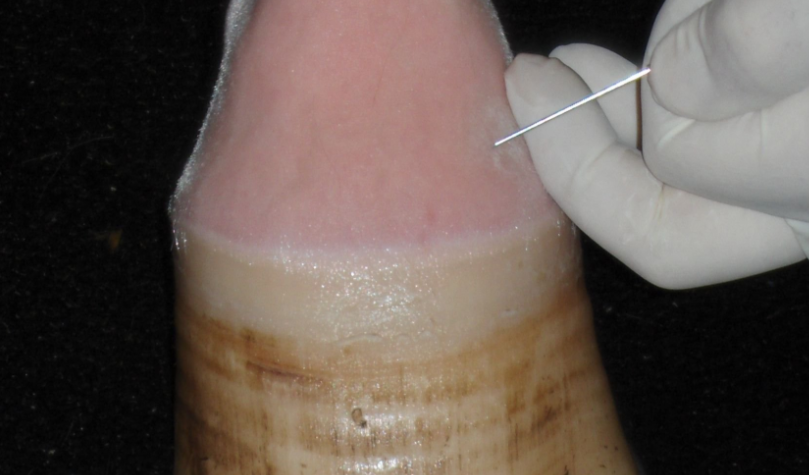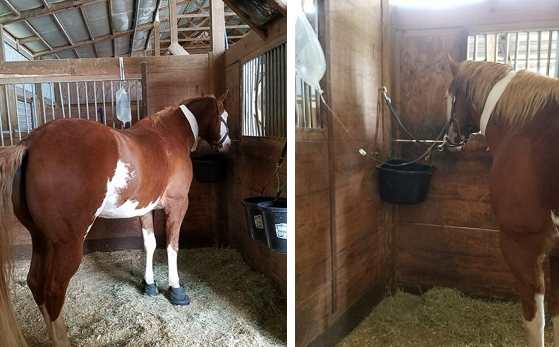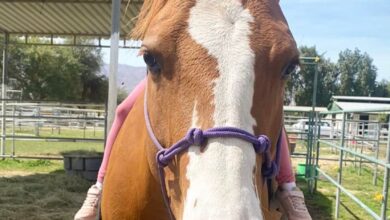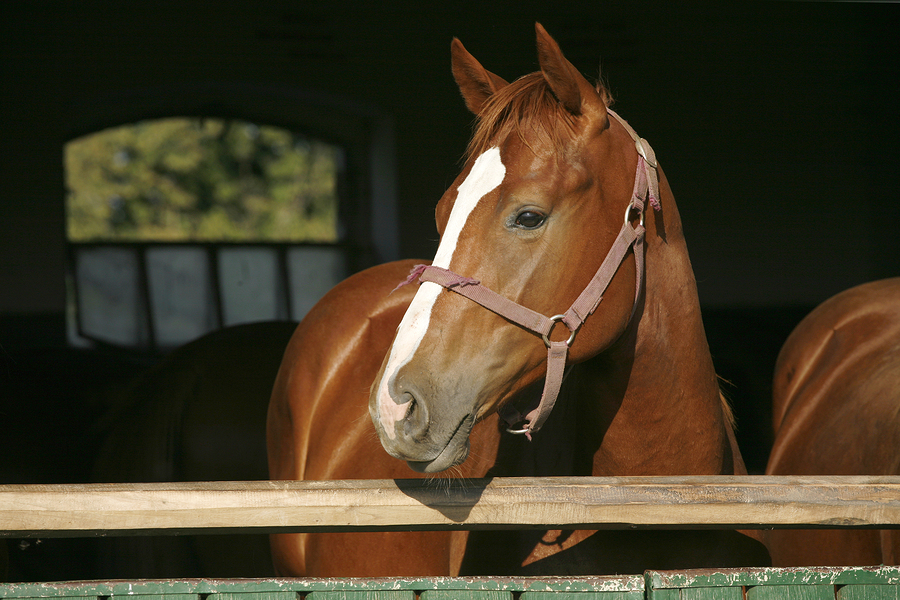A Note About Joint Injections

Back when I was a horse trainer, I worked with my veterinarian and they suggested that we inject a lot of our horse’s joints. I would always agree, even on the young horses. As I’ve gotten older I’ve learned that that is maybe not the best way. Now, I try to do everything I can to support my horse’s joints naturally so that they won’t need injections in the future. But, in case they do, this is some great advice to follow. Bend Equine Medical Center wrote on Facebook,

“A Note About Joint Injections – Joint injections are commonly performed in equine athletes. Most often, a combination of corticosteroid (“cortisone”) and hyaluronic acid (“HA”) is used. These can be very useful and valuable treatments when used correctly. The best use is in a joint that has some evidence of osteoarthritis, such as the lower hock joints. Used appropriately, the injections function to decrease inflammation and actually protect the cartilage—this is known as being chondroprotective. Corticosteroid joint injections should NOT be given in normal, healthy joints, because they have potential to damage cartilage in a joint that is not inflamed. So, don’t subscribe to the practice of “six packing” or “round the world” wherein multiple joints are injected in the same horse without any evidence that there is inflammation or arthritis; these practices are commonly used on barrel horses and race horses. Joint injections do not improve performance or act preventatively in normal joints. What’s more, be judicious about what veterinarian you choose to administer joint injections. They must be done with careful attention to cleanliness (including a 10 minute surgical scrub beforehand, use of gloves, etc.) to avoid potentially infecting the joint. Dr. Schmotzer was recently an expert witness for a case in Illinois where a veterinarian had the owner do the cleaning of the hocks beforehand with a few paper towels and a bar of soap. Not surprisingly, the joints got infected, and a lengthy and expensive course of treatment was required to cure the joints, resulting in a lawsuit. In cases with severe infections, horses must sometimes be euthanized or are permanently lame. Be smart, and don’t be penny-wise and pound-foolish. Treat joint injections with the respect they deserve, and use only when truly indicated for the health of the horse.”
I am so thankful for the veterinarians at Bend Equine Medical Center, for putting this great information out there for horse owners. If you’d like to learn more about supporting your horse’s joints naturally visit easilyessential.com. Please Share this on Facebook if you know another horse owner who could benefit from this great info!





